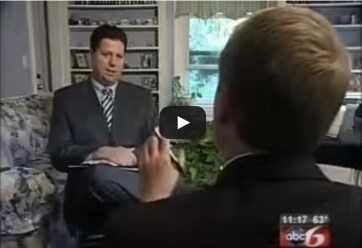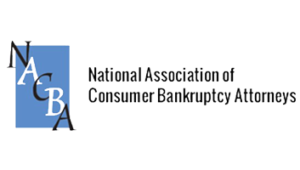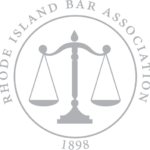Debt Settlement Plans: Part II
Debt settlement plans fail because they require unrealistic repayment terms. Contact a Rhode Island bankruptcy lawyer to understand all of your debt-relief options.
RI Bankruptcy Filing: Can’t I Just Keep One Credit Card?
RI Chapter 7 bankruptcy filers must list everyone they owe money to, including all credit cards with a balance and friends or family members.
Bankruptcy Lawyer’s Advice on Reaffirmation Agreements
RI bankruptcy lawyer explains reaffirmation agreements and how to protect property in a Chapter 7 bankrutpcy without becoming personally liable.
Filing Bankruptcy in Rhode Island
In Rhode Island, there almost 5,900 lawyers for a population of 1,050,788 people. We could easily fill the Providence Performing Arts Center (PPAC) to capacity . . . . . . TWICE. If you needed to file bankruptcy in Rhode Island, could you imagine standing on the stage of PPAC trying to figure out which lawyer in […]
Interview by ABC6 News: Filing Bankruptcy in Rhode Island

Here is a link to a recent news story about when you should consider bankruptcy as an option for debt relief. ABC6 News: Filing Bankruptcy in Rhode Island The only part of the story that should be clarified is that while a Chapter 7 bankruptcy limits the amount of equity you can protect in a […]
How Fast Can You File My RI Bankruptcy?
It takes about 90 days to get through a Chapter 7 bankruptcy in Rhode Island. After I file your case, the RI Bankruptcy Court assigns a case trustee to review the file. The court then schedules a hearing date for the meeting of creditors (also called a 341 meeting). Your hearing will be about 30 days into the process and […]
RI Bankruptcy Lawyer’s Top 10 Documents
Are you drowning in debt? Do you rely on credit cards for daily living expenses? Are you wondering whether bankruptcy can help? If so, I offer a free 30 minute phone consultation to Rhode Island and Massachusetts residents who want to explore options. Ask me any question you want because there is no charge for the telephone […]




